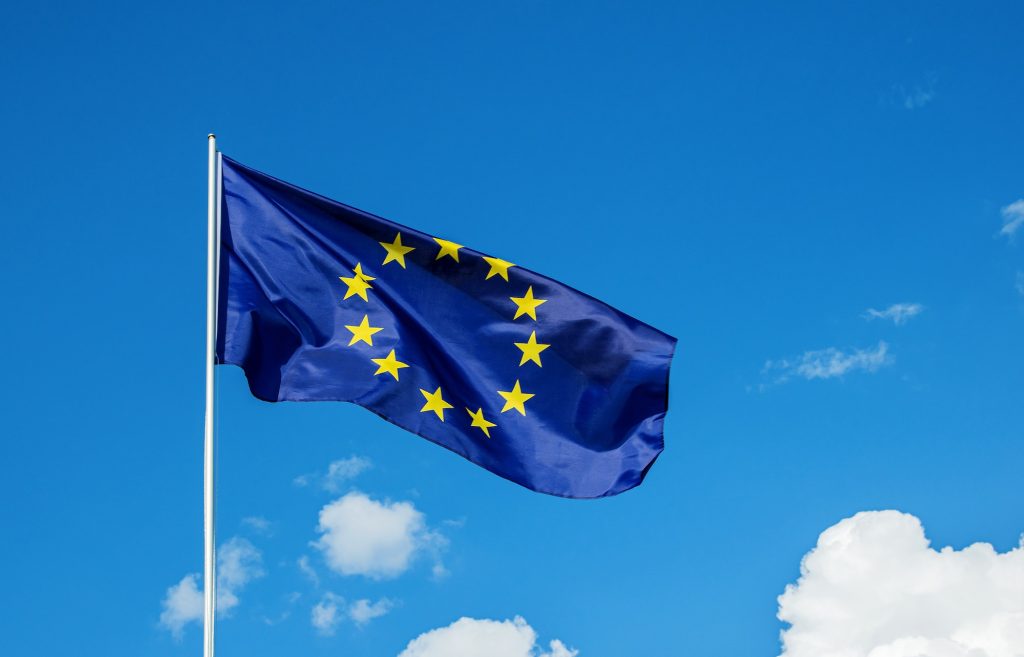
































The Data Act, a landmark law governing how data is accessed, transferred, and shared, was the subject of an update communicated by the Swedish chair of the EU Council of Ministers with the other national representatives earlier in the week.
The case is currently in the so-called trilogies stage of the EU legislative procedure, where the EU Council, Parliament, and Commission unite to forge a political accord. Since the first trilogy on 29 March, work has been done on the technical level.
At this point, the chapter that discusses the prospect of public agencies accessing data stored privately has received the most consensus. However, a few issues are still up for debate politically at the upcoming trialogue on 23 May.
The Swedish presidency reached out to them once more to determine whether the member states would be accommodating in negotiating these unresolved Business-to-Government (B2G) issues.
The biggest obstacle is determining what kinds of data public bodies can request. The EU Council kept personal data in the provisions' scope, whilst the European Parliament restricted it to industrial data.
 Hot Tags :
Privacy and data protection
Hot Tags :
Privacy and data protection